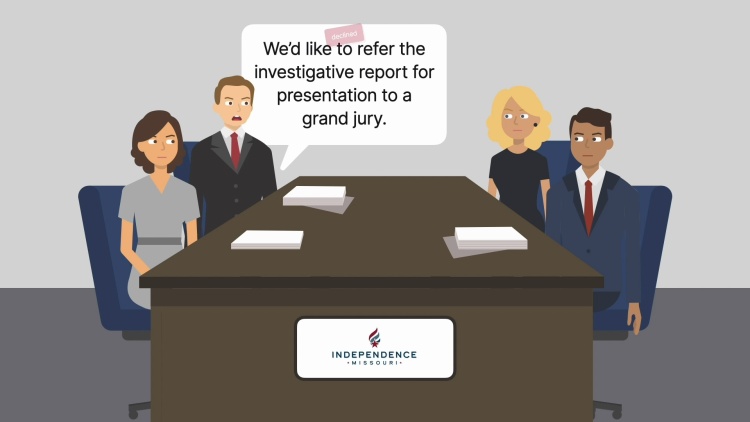Owen v. City of Independence
United States Supreme Court
445 U.S. 622 (1980)
- Written by Robert Schefter, JD
Facts
George Owen (plaintiff) was police chief of the City of Independence in 1972 when an investigation was conducted regarding evidence missing from the police department property room. The city manager terminated Owen a day after a city council meeting, during which a councilman accused Owen of wrongdoing based on the investigation report. At the same meeting, the council voted to turn the report over to prosecutors and release it to the press. Owen was given no reason for the termination, and an internal appeal was denied without hearing, because the decision was within the sole discretion of the city manager according to the city charter. Owen sued the city, the city manager, and members of city council (collectively, defendants) in the District Court for the Western District of Missouri for lack of procedural and substantive due process. Owen sought declaratory and injunctive relief, a discharge hearing, back pay, and attorney’s fees. The district court found in favor of the defendants. The United States Court of Appeals for the Eighth Circuit initially reversed, finding that the council’s official actions in publicizing the accusations against Owen simultaneously with his discharge deprived Owen of due process of law. The United States Supreme Court granted certiorari and remanded for consideration of the interim decision in Monell v. New York City Dept. of Social Services, 436 U.S. 658 (1978). The court of appeals reaffirmed the constitutional violation, but held that all defendants, including the city, were entitled to qualified immunity. The United States Supreme Court granted certiorari.
Rule of Law
Issue
Holding and Reasoning (Brennan, J.)
Dissent (Powell, J.)
What to do next…
Here's why 907,000 law students have relied on our case briefs:
- Written by law professors and practitioners, not other law students. 47,100 briefs, keyed to 996 casebooks. Top-notch customer support.
- The right amount of information, includes the facts, issues, rule of law, holding and reasoning, and any concurrences and dissents.
- Access in your classes, works on your mobile and tablet. Massive library of related video lessons and high quality multiple-choice questions.
- Easy to use, uniform format for every case brief. Written in plain English, not in legalese. Our briefs summarize and simplify; they don’t just repeat the court’s language.





